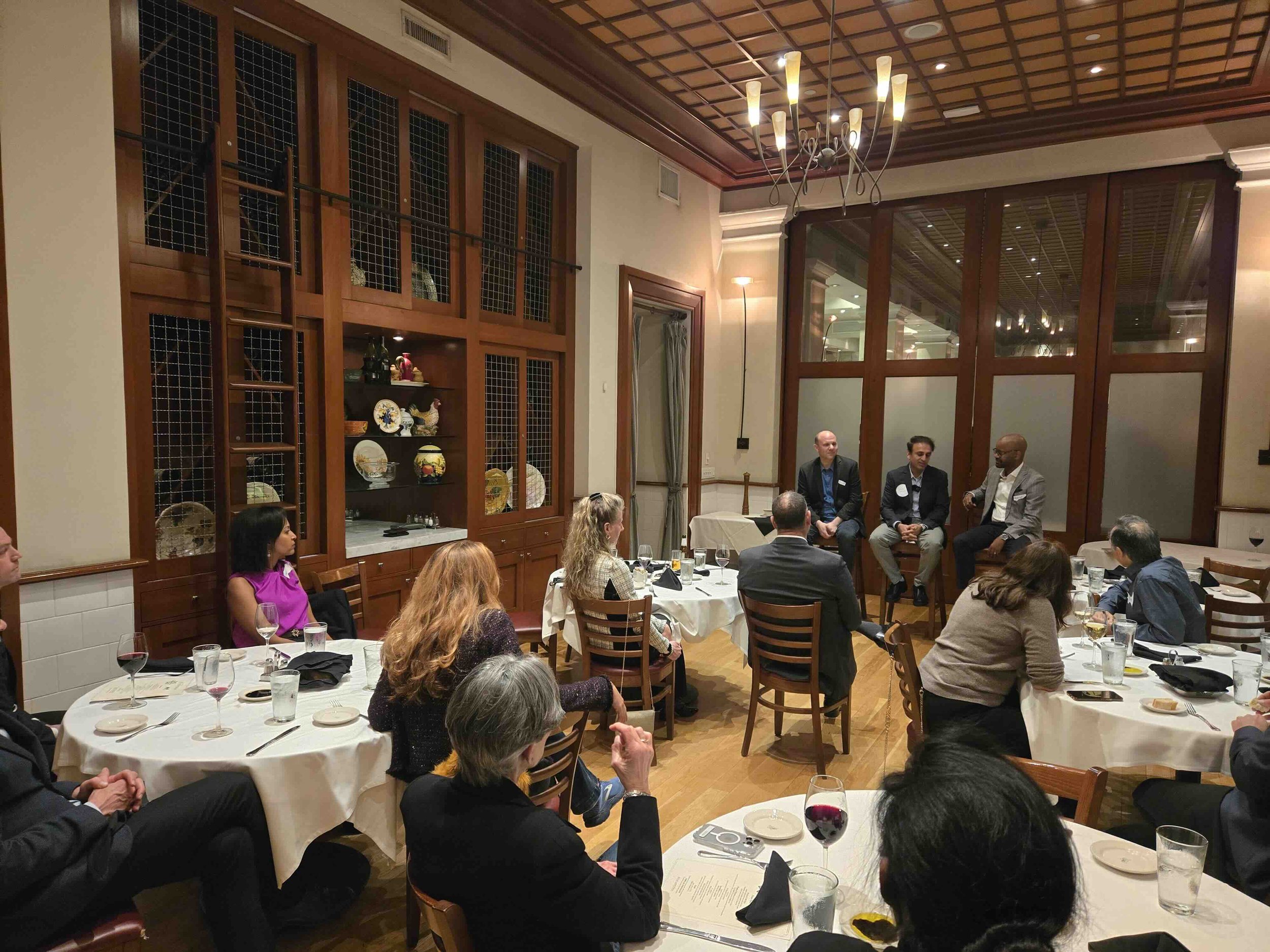Executive Roundtable Recap: Navigating the Evolving MedTech Landscape
Key Takeaways from our recent "Thriving in Uncertain Times" Executive Roundtable
Regulatory Updates and Cutting Through the Noise
We started by acknowledging how the volume and significance of recent changes in government policy, whether for clinical decision support, diversity in trials, or other areas, can feel overwhelming. Several of you mentioned that larger companies must navigate an especially vast array of issues. Strategies were shared for filtering the “noise” and not being distracted and worn down by tracking the news from Washington DC hourly. (e.g., holding brief weekly huddles or even limiting news intake to once a week to focus on what truly matters on a longer-term basis.)
Med Devices and the Market Outlook
A reassuring point from our conversation was the relative optimism about the medical device sector. For various reasons, including the person nominated to be the new FDA Commissioner, there was a general feeling that the FDA’s regulation of medical devices may require relatively minor adjustments, in areas such as clinical trial cohorts or AI submission protocols, compared to the regulatory changes potentially facing the pharmaceutical and food industries.
Generative AI in Our Work
To no one’s surprise, a significant portion of our discussion centered on AI's impact on medical devices and medical device manufacturers. Many of you described how your teams already use powerful tools, enabled by powerful GPUs, to conduct new product development. Your organizations are integrating Microsoft Copilot and creating internal Bing AI sandboxes to improve everything from product features to routine communications. One standout point was how AI has helped make internal emails sent in English (for example, those from native speakers of a non-English language) far clearer and how chatbots could streamline HR processes. There was a thoughtful concern about the pressure to maintain agility and continue seeking practical and impactful AI applications in our organizations. Even relatively minor operational improvements through AI might give a company an edge over its competitors.
Global Operations, Supply Chains, and Flexible Work
We also discussed the significant challenges facing our companies’ global operations. For example, the potential for increased tariffs (e.g., a possible 30% US tariff imposed on the import of Chinese-made components) was discussed alongside the importance of rethinking supply chains and considering more local sourcing.
On a related note, balancing different return-to-work models across an enterprise was another key theme. While manufacturing and logistics teams might need to be in the office five days a week, other teams (like marketing) operate on a three-day-in-the-office schedule.
Improving Patient Outcomes
Our collective commitment to patient care was a recurring discussion thread throughout the evening. Whether talking about sensor-enabled implants that can monitor recovery after surgery or the ethical use of anonymous patient data for better epidemiological insights, many of you emphasized that (when done well) even minor improvements in our devices and how we deliver them can impact patient outcomes.

